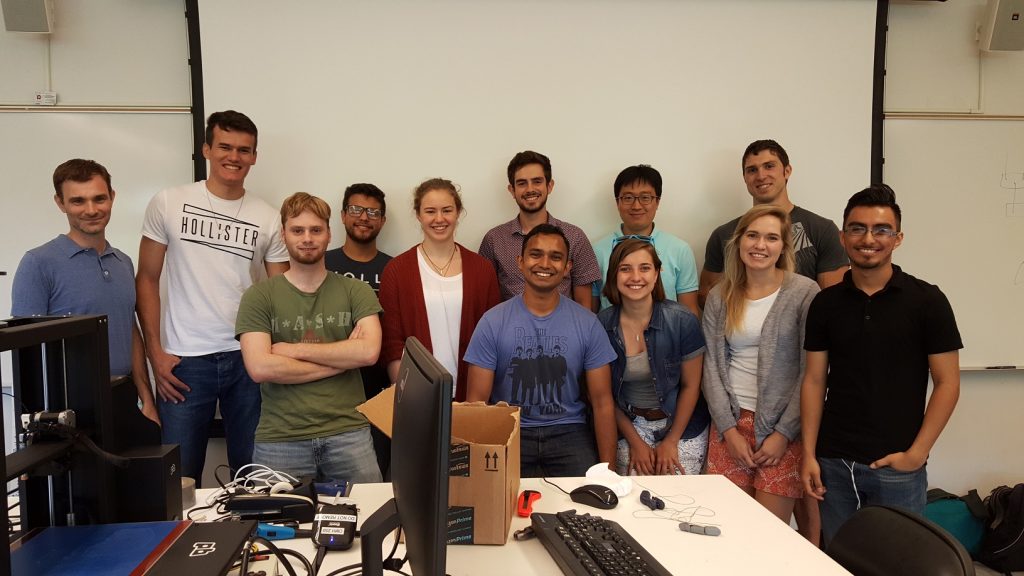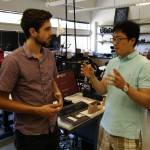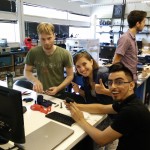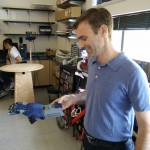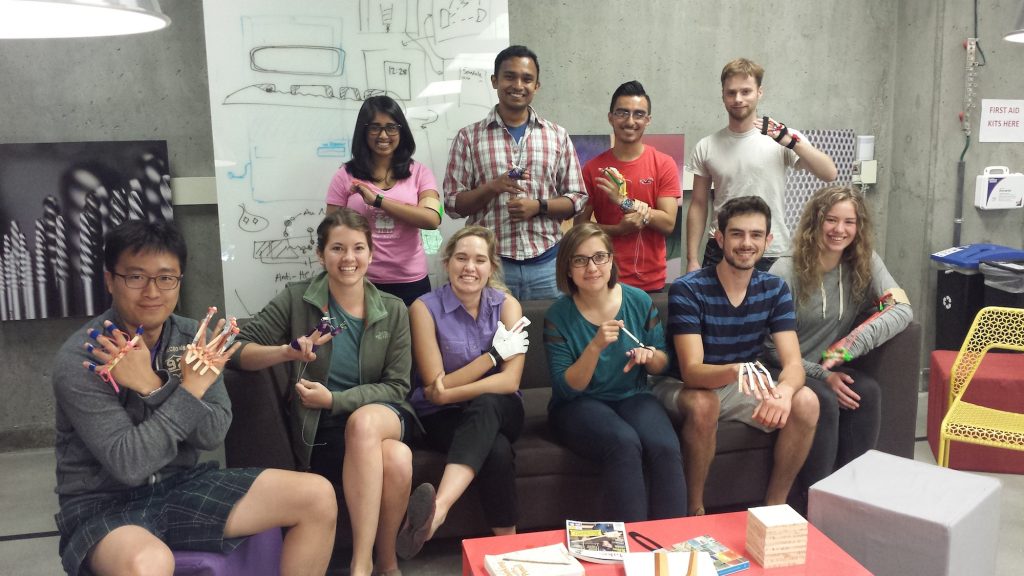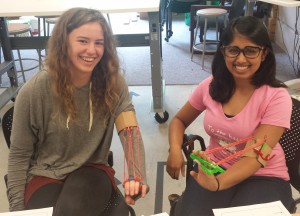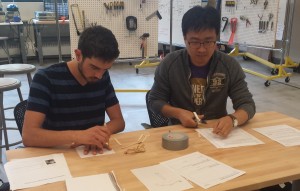Peer-review paper at CHI Human Factors in Computing Systems Annual Conference:
Prostheses are more than just a tool to enhance function – they strongly influence perceptions of identity and normalcy.
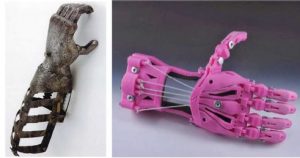 Abstract: This paper is about the aspects of ability, selfhood, and normalcy embodied in people’s relationships with prostheses. Drawing on interviews with 14 individuals with upper-limb loss and diverse experiences with prostheses, we find people not only choose to use and not use prosthesis throughout their lives but also form close and complex relationships with them. The design of “assistive” technology often focuses on enhancing function; however, we found that prostheses played important roles in people’s development of identity and sense of normalcy. Even when a prosthesis failed functionally, such as was the case with 3D-printed prostheses created by an on-line open-source maker community (e-NABLE), we found people still praised the design and initiative because of the positive impacts on popular culture, identity, and community building. This work surfaces crucial questions about the role of design interventions in identity production, the promise of maker communities for accelerating innovation, and a broader definition of “assistive” technology.
Abstract: This paper is about the aspects of ability, selfhood, and normalcy embodied in people’s relationships with prostheses. Drawing on interviews with 14 individuals with upper-limb loss and diverse experiences with prostheses, we find people not only choose to use and not use prosthesis throughout their lives but also form close and complex relationships with them. The design of “assistive” technology often focuses on enhancing function; however, we found that prostheses played important roles in people’s development of identity and sense of normalcy. Even when a prosthesis failed functionally, such as was the case with 3D-printed prostheses created by an on-line open-source maker community (e-NABLE), we found people still praised the design and initiative because of the positive impacts on popular culture, identity, and community building. This work surfaces crucial questions about the role of design interventions in identity production, the promise of maker communities for accelerating innovation, and a broader definition of “assistive” technology.
View the video for more information on this work.

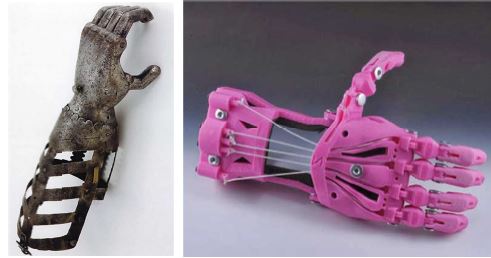
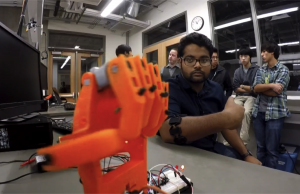 ongratulations to one of our collaborators, Ivan Owen from UW Bothell, for being selected as one of the top nominees for the
ongratulations to one of our collaborators, Ivan Owen from UW Bothell, for being selected as one of the top nominees for the 